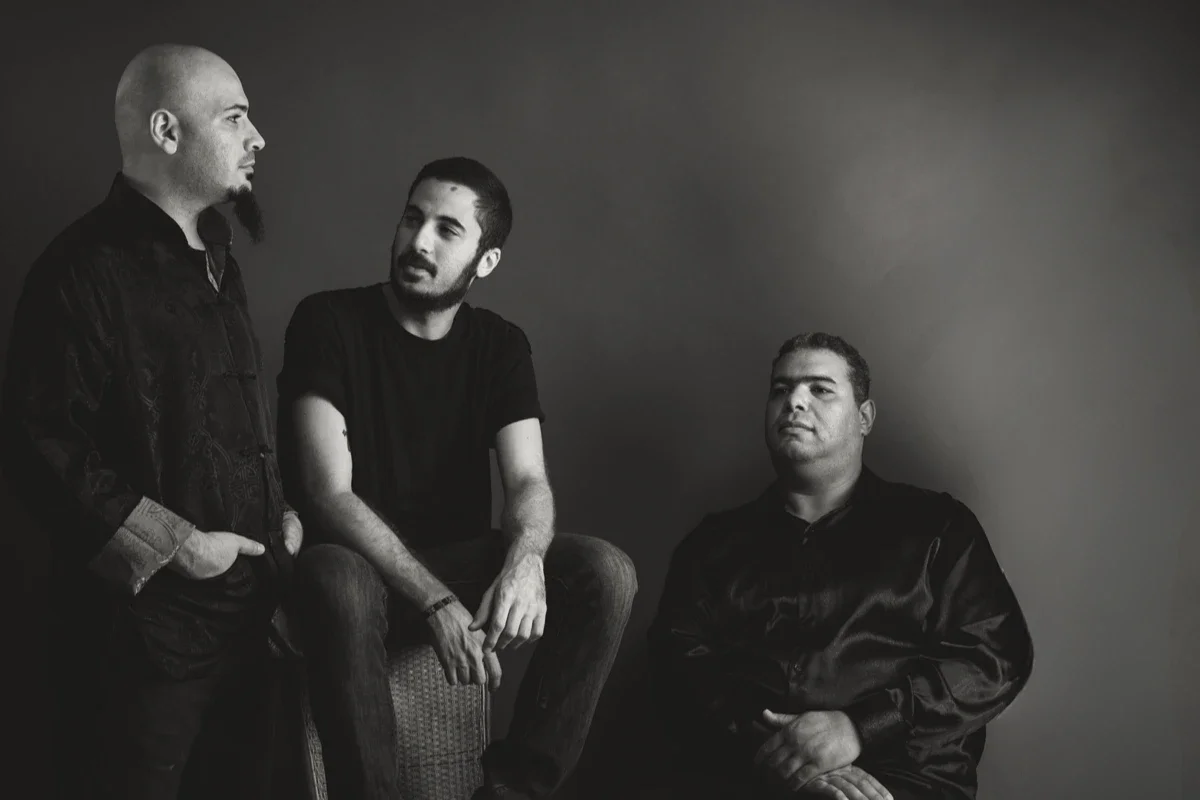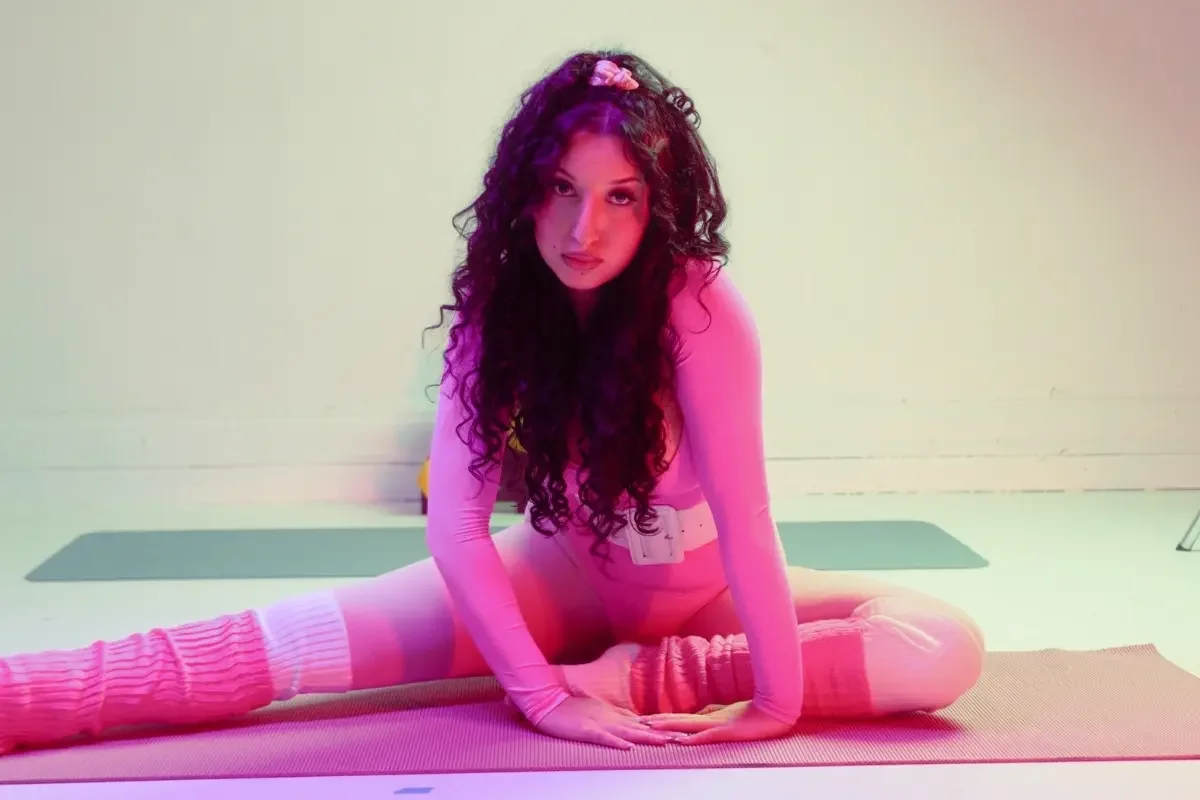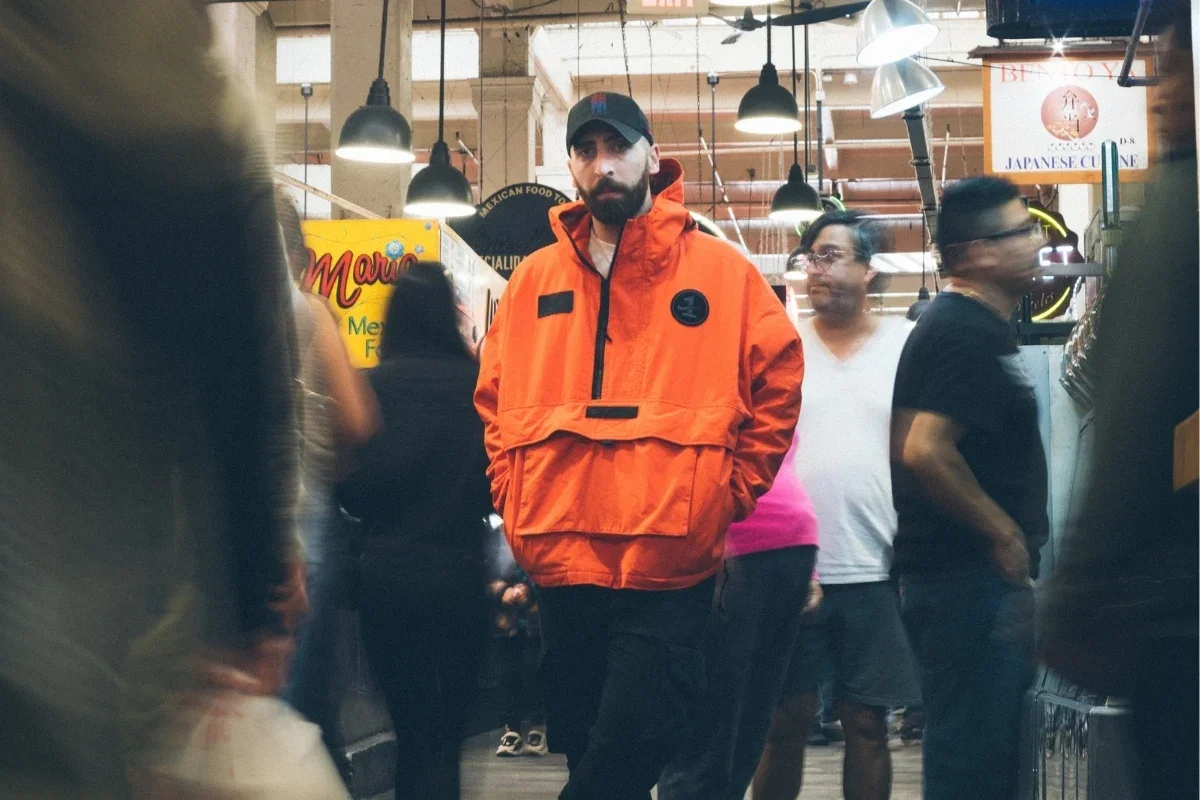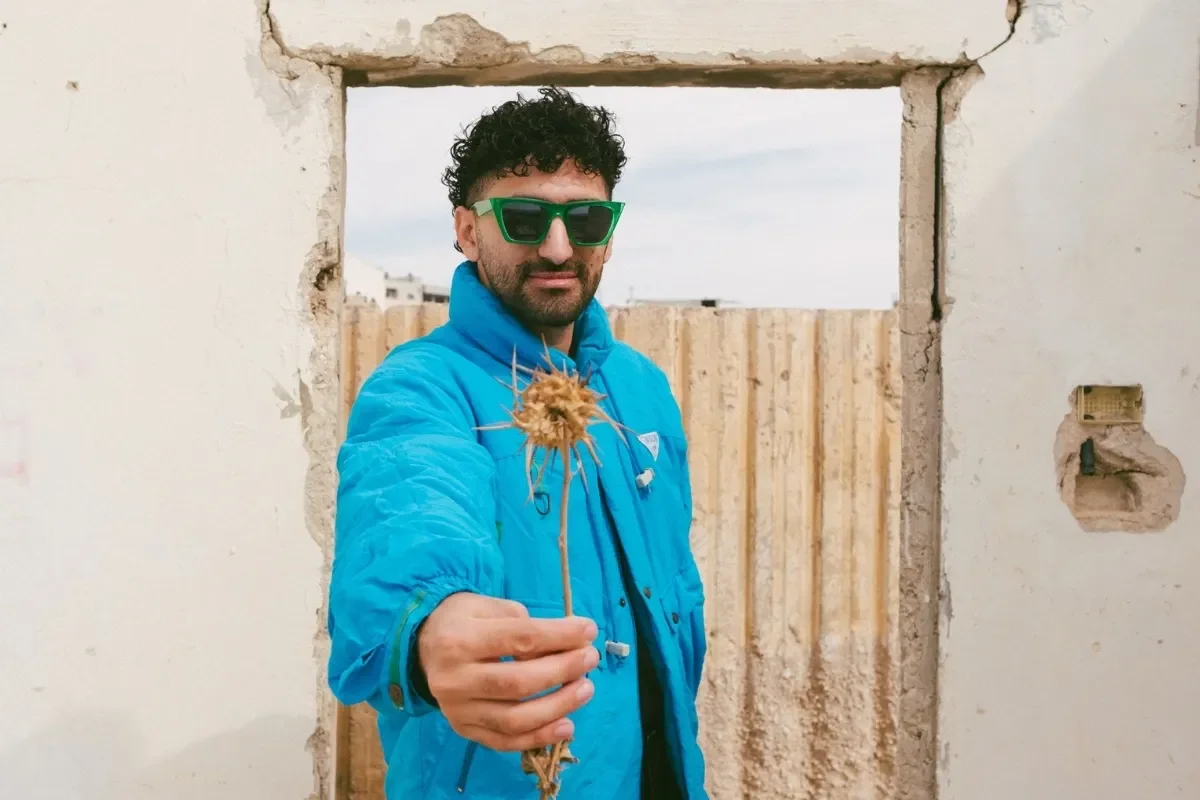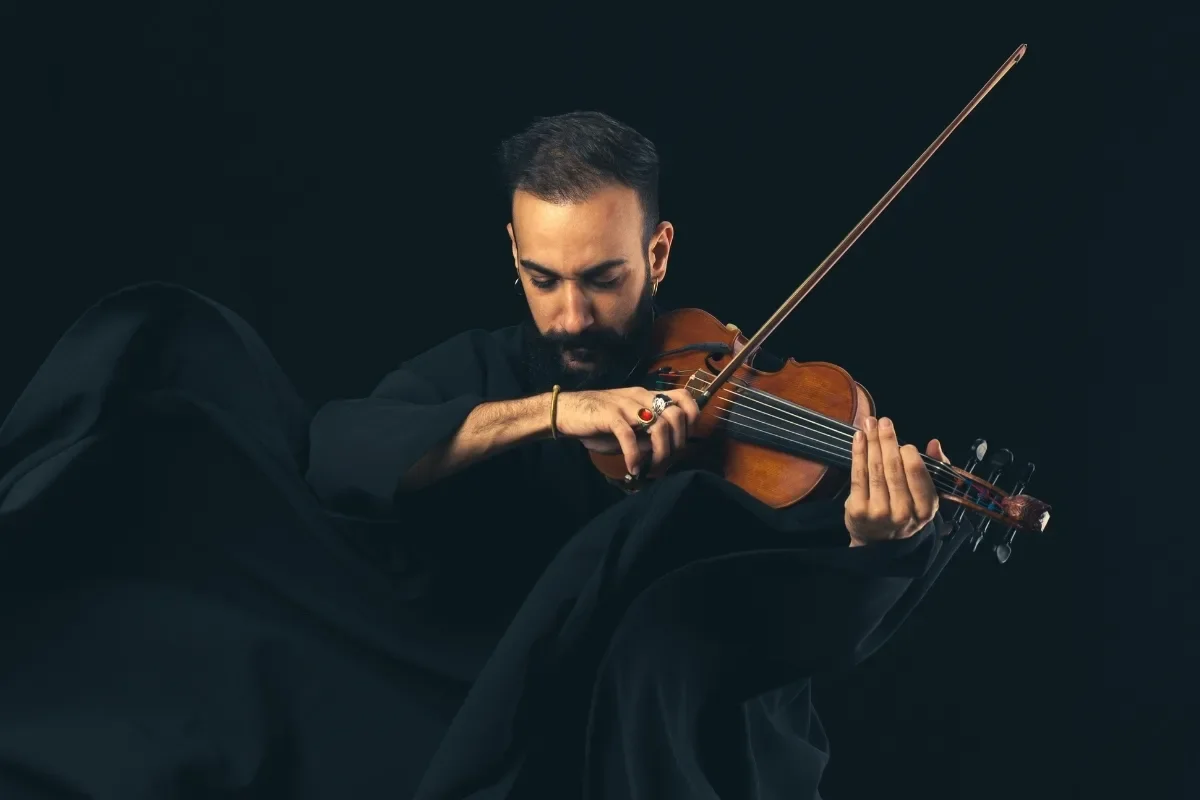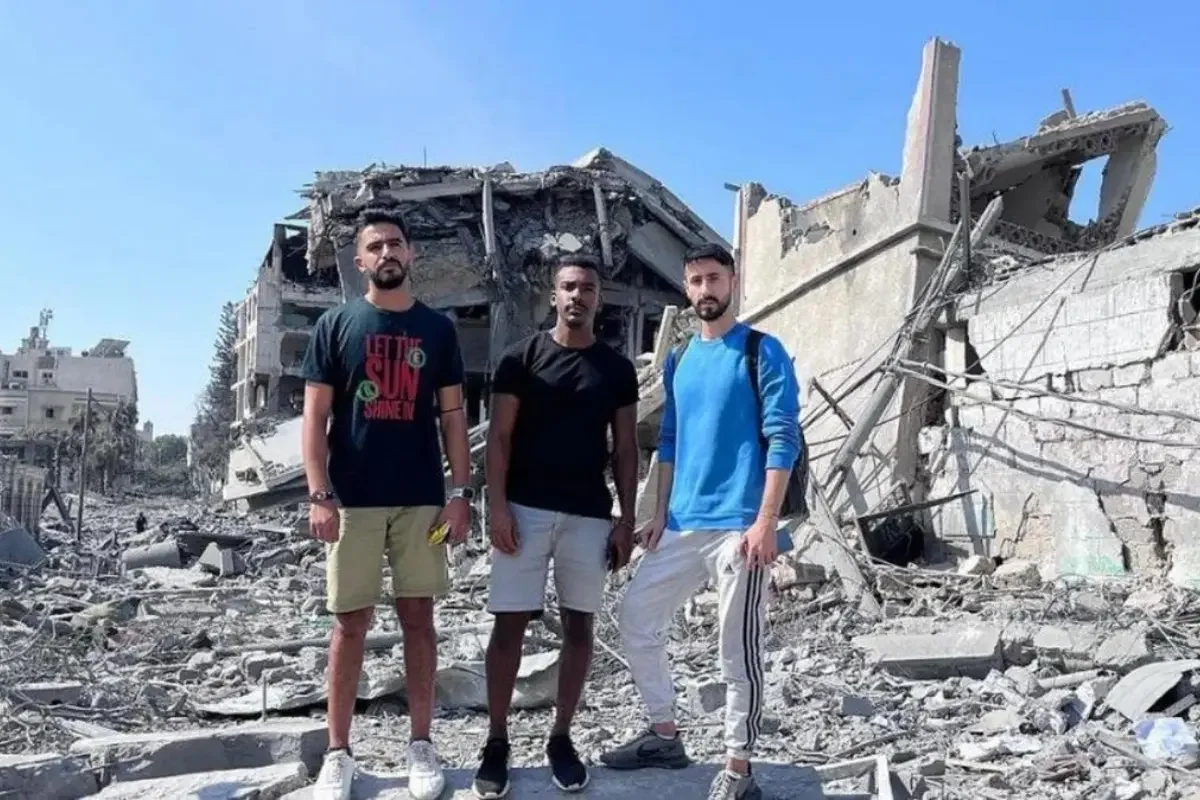Palestinian Musicians: An introduction to some of our favorite artists in 2025
Why listen to Palestinian musicians in 2025
Is your playlist desperately crying out for renewal? Let's be honest: we all have that music library we know by heart and that, frankly, sometimes bores us. If you're looking for something to broaden your horizons without turning the experience into an endurance test, the Palestinian music scene of 2025 deserves your attention for very specific reasons.
What has me so convinced? The stylistic diversity is genuinely remarkable: from the most incisive Hip Hop to the most carefully crafted Pop, from Metal with Arabic roots to impeccably produced Indie.
What's most interesting is how some of these artists manage to make traditional Arabic melodies—those maqāmāt that operate with such different melodic logic from Western music—converse organically with global languages. Some of it isn't fusion for fusion's sake, but a synthesis that sounds natural and, above all, necessary. The result is music with an international passport but an unmistakably distinctive timbre.
Arabic metal & grunge from Palestine
Khalas
If you've ever wondered what would happen if '90s riffs learned to speak Arabic, Khalas has the answer. This band has achieved something that sounds impossible on paper: getting Arabic lyrics and vocal phrasing to settle over distorted guitars as if they were born for it.
What strikes me as most intelligent about their approach is how they incorporate Arabic vocal phrasing without it sounding forced, or without relying on maqām structure. Instead, they dialogue organically with metal's structure. Within the current Palestinian panorama, Khalas functions as that necessary bridge between tradition and contemporary. Their influence is already perceptible in younger formations that understand that identity and modernity aren't at odds.
Hip-hop & spoken word
Tamer Nafar
There are artists who define a genre and others who invent it for their context. Tamer Nafar clearly belongs to the second group. If we had to choose a fundamental figure for understanding Palestinian rap, his name would be the first to come up.
What I find most interesting about his work is how he balances social chronicle with an irony that never turns cynical. His lyrics have that narrative precision that characterizes the best rap, but his voice maintains a closeness that invites dialogue rather than confrontation. And then there are those hooks that stay with you for weeks (I speak from personal experience).
But perhaps what's most valuable about Nafar is that he established a model that many Palestinian hip hop artists follow today: clear bars that need no cultural translation, choruses that transcend language barriers, and a stage presence that connects with diverse audiences without losing a gram of authenticity. It's no small feat to get your message to global audiences while keeping its specificity intact.
Indie/alt-pop & singer-songwriters
Amira Jazeera
Amira Jazeera, the Palestinian Pop Princess, currently based in Chicago. Her recent album “The Amira Diaries” acts as her personal journal: She writes about heartbreak, self-rediscovery, the grief of witnessing her people suffering. Weaving together those themes into 80s and 2000s pop, R&B in her own bedroom.
Amira’s production is atmospheric, layering emotional vocals over hooks with occasional Arabic samples. Her singles like Still Thinkin’ Bout Me and Solitude reflect both intimacy and assertiveness, balancing vulnerability with empowerment.
Llunr
Llunr, a Palestinian-Jordanian artist, songwriter, and producer, moves fluidly between pop, indie, and introspection to create music that feels both deeply personal and universally resonant. His latest album Dual Reality unfolds in two parts: one tracing love, longing, and heartbreak, the other confronting identity, resistance, and hope under occupation. A gifted songwriter, Llunr draws listeners in with warm, unpretentious lyrics that capture everyday life in disarmingly simple ways. At the same time, songs like Wake Up amplify voices silenced by occupation, a track that has since become a haunting soundtrack for news reports and documentaries on Palestine.
Manos
Manos, the newest artist to the scene, blurs the lines between Pop and Hip Hop. He first drew attention with his single 'Njumi', a collaboration with Kokym (who we introduce you to a little further). Njumi signaled a new sound and focus for Manos, which he gives us a lot more of in his debut album Infisam. Through songs like Mkhaddar and Bahhar, Manos explores dualities; light and dark, clarity and confusion, strength and vulnerability. His music is designed to grow with you, to reveal new layers with each listen. He offers a deeply personal, yet universal voice within the evolving landscape of Palestinian music, wrapped in an elegant nocturnal palette.
A new kind of Pop
Kokym
Kokym has created a niche for himself in Palestinian music by blending Pop with hyper local traditions. He calls his style “Fallahi Pop”. It’s rooted in the dialect and spirit of the village he grew up in. His music is a fusion of Palestinian melodies with electronic textures, topped with ukulele, keyboards and playful pop hooks. He sings about love, resistance, longing and identity. Living under occupation is a theme that comes up often in his music. Kokym’s style offers listeners both inside and outside of Palestine a glimpse into a lived, evolving identity.
Instrumental/heritage reinvented
Akram Abdulfattah
Akram Abdulfattah is one of those musicians who understands that tradition isn't a museum, but a living language that needs constant updating and practice to keep moving people. As a violinist and composer, he's managed to translate the Arabic modal universe into the present without losing a gram of emotional depth.
He channels his identity and heritage through a blended lens, and as a Palestinian-American artist he forges a distinctive form of contemporary jazz. His live performances—whether on the European or UK festival circuit—are unforgettable journeys, often centered on his latest album Abu Kenda, a heartfelt dedication to his daughter. With Abdulfattah, you learn while being moved, without realizing you're learning.
Storytelling through sound
SOL Band
The members of Sol Band escaped the genocide in Gaza through Egypt, carrying with them the weight of displacement and the resilience of survival. Their music blends the sorrow and hope of their people into songs rooted in Arabic and Eastern rhythms, drawing on traditions of oud, qanun, and darbuka while weaving in contemporary sounds. By preserving heritage instruments and melodies yet presenting them with modern arrangements, Sol Band not only tells the story of Gaza’s pain but also asserts the enduring vitality of Palestinian culture—a reminder that even under siege, music remains a force of memory, identity, and resistance.
The playlist you didn't know you needed
What fascinates me most about the current Palestinian music scene is that it's achieved something that seems simple but is tremendously complex: sounding contemporary without renouncing identity, ambitious without being pretentious, accessible without being simplistic.
These eight artists don't just represent eight entry points into a specific musical territory, but eight different ways of understanding how music can be local and universal simultaneously. They all carry their identity with them, yet express it in different ways. They have something in common: artistic ambition and that capacity to make you care about their proposal even if you arrive without prior context. The rest, as always, is a matter of hitting play and letting yourself go. I guarantee your algorithm will thank you.
Here’s the playlist of Palestinian artists from Levantine Music, enjoy!
Listen to some of our favorite artists and discover more
